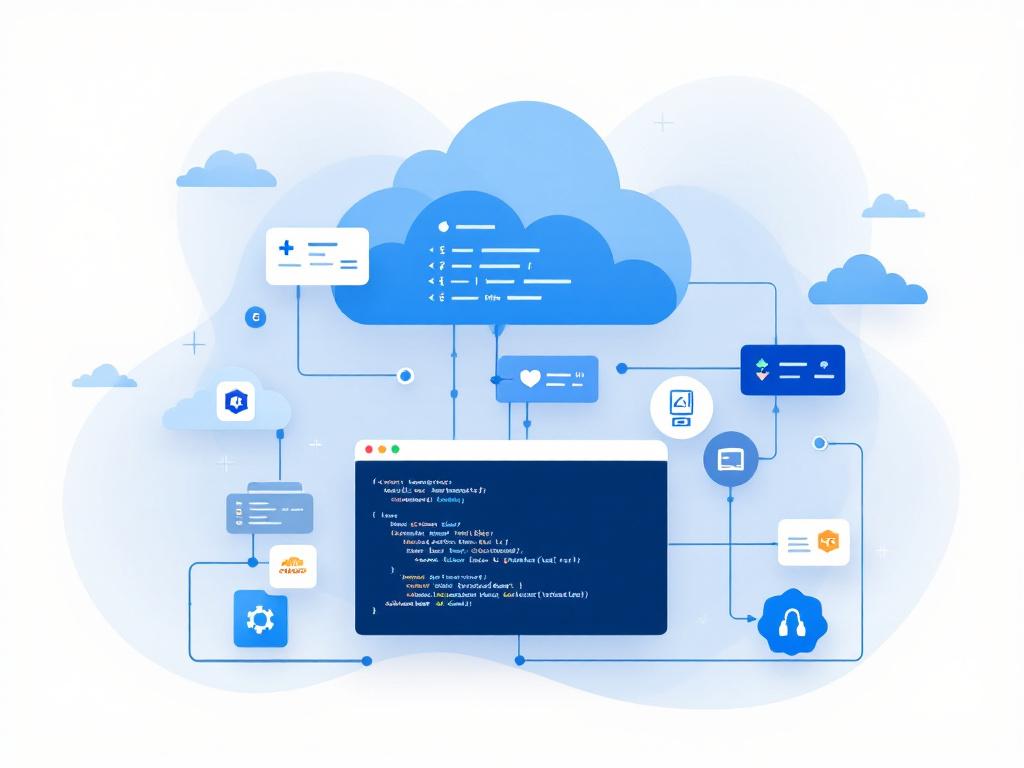Introduction
In the world of cloud computing, Infrastructure as Code (IaC) is now essential for automation, traceability, and resilience. Among the tools available, Terraform by HashiCorp stands out for its simplicity, efficiency, and multi-cloud compatibility.
1. What is Terraform?
Terraform is an open-source IaC tool that allows you to describe, provision, and manage resources (VMs, networks, databases, DNS, etc.) via code (HCL/JSON). It compares the current state to the desired state and applies the necessary changes.
- Official documentation (FR/EN): Terraform Documentation – HashiCorp
2. Learning Resources to Get Started
In French:
In English:
3. Why Adopt It From the Start?
a) Easy to Get Started
Once you understand the core cloud concepts, Terraform is quick to pick up thanks to its clear syntax.
b) Time-Saving & Reliable
Fully automates deployments, updates, and teardowns — goodbye manual clicks.
c) Easier to Read & Audit
Version-controlled code, reviewable plans, full history — ideal for quality and security.
d) Collaboration via GitOps
No need for a full-time infra expert — everyone can contribute via PRs with governance, review, and rollback.
e) Replicability & Scaling
Need a new environment? Clone, change two variables, deploy.
4. Concrete Benefits
- Traceability of infrastructure changes
- Increased security through code reviews and testing
- Improved DRP: rebuild full environments in minutes
- Faster time to market
- Automation via CI/CD, testing, linting
- Greater team agility
To understand how automation and AI fit into company culture, read Why Embracing a Tech & Innovation Culture Is Vital.
5. The Terraform + AI Duo
AI can now automatically generate Terraform configs (e.g., “create an AWS VPC with 2 public/private subnets”).
That’s a productivity boost you’ll never get from the manual console.
6. Common Objections & Responses
- “Takes too long to set up”: Not true — the real challenge lies in mastering the cloud provider (AWS, GCP…), not Terraform. Plan for 1–2 days for a simple first pipeline.
- “My team doesn’t know Terraform”: Start small — use public modules, tutorials, and gradually build skills.
- “The state file is a single point of failure”: Use a remote backend (e.g., S3, Terraform Cloud, Azure Blob) with locking — the safest and most common solution.
7. Best Practices to Start Off Right
- Modularize from the start (network, compute, DB…)
- Store state remotely with locking
- Adopt GitOps: PRs, reviews, CI/CD (lint, plan, apply)
- Automate environments (dev/staging/prod) with distinct variables
- Leverage AI to generate and optimize configs
Conclusion
Starting your cloud project — even as a startup — with Terraform means choosing agility, efficiency, security, and enhanced collaboration. With AI, you're also boosting your tech capabilities while saving time.
For a real-world example of support automation, check out How to Automate Support & Appointment Booking Using LLMs.
To Go Further
- Official HashiCorp Docs – Tutorials & Reference
- Devopssec.fr Course (complete, in French)
- AWS “Get Started” Tutorial (8 interactive steps)
